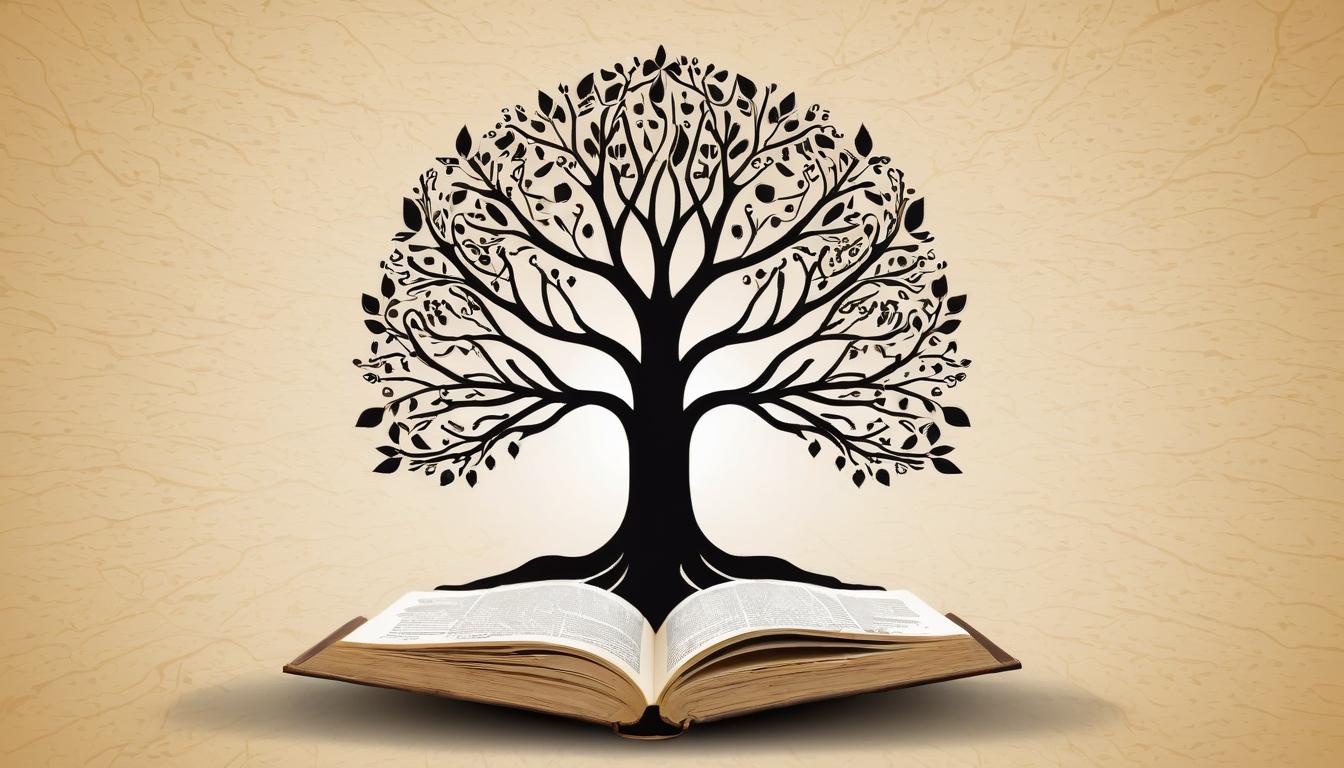In the dim glow of smartphone screens and the relentless hum of urban life, something unexpected is happening. A quiet rebellion against the digital age is unfolding in living rooms, parks, and community centers across the country. People are turning away from their screens and toward practices that predate electricity itself—meditation, breathwork, and earth-based rituals that our ancestors would recognize instantly.
This isn't just another wellness trend. What we're witnessing is a fundamental shift in how humans relate to consciousness itself. While Silicon Valley pours billions into AI and neural interfaces, ordinary people are discovering that the most sophisticated technology for expanding awareness might just be the one we're born with: the human nervous system. The irony is palpable—the more advanced our external technology becomes, the more we're drawn to ancient internal technologies.
Take meditation, for example. What was once considered the domain of hippies and monks has now been validated by neuroscience. MRI scans show that regular meditation physically changes brain structure, thickening the prefrontal cortex (associated with decision-making) and shrinking the amygdala (the fear center). Corporations like Google and Apple now offer meditation rooms, not out of spiritual concern, but because it boosts productivity and reduces healthcare costs. The ancient has become not just relevant, but profitable.
Meanwhile, the resurgence of earth-based spirituality reveals a deeper longing. In an age of climate crisis, people aren't just looking to save the planet—they're seeking to remember their place within it. Pagan traditions, indigenous wisdom, and nature worship are experiencing a renaissance not seen since the Industrial Revolution began separating humans from the natural world. This isn't about rejecting modernity, but about finding balance—holding an iPhone in one hand and a smudging bundle in the other.
The breathwork phenomenon might be the most telling development. In a society where most people breathe shallowly (a side effect of chronic stress), conscious breathing practices are achieving cult status. From Wim Hof's ice baths to holotropic breathing sessions, people are discovering that oxygen—something we've always had free access to—might be the most powerful psychoactive substance on earth. The implications are staggering: what if the solution to anxiety, depression, and lack of focus isn't in a pill bottle, but in the air we're already breathing?
Perhaps most surprisingly, these practices are converging. Meditation apps feature nature sounds, breathwork sessions incorporate mindfulness, and pagan rituals embrace psychological principles. The boundaries between traditions are blurring, creating a new hybrid spirituality that's uniquely suited to the modern seeker—one who might practice yoga in the morning, use a productivity app at work, and honor the full moon at night without seeing any contradiction.
This movement raises provocative questions about the future of human evolution. If we can consciously reshape our brains and nervous systems through intentional practice, what might humanity become in another century? Are we witnessing the early stages of a cognitive revolution—one not driven by external technology, but by the deliberate cultivation of inner capacities we've always possessed but rarely mastered?
The data suggests something profound is underway. Meditation app downloads have increased 300% since 2020. Sales of crystals and sage have doubled in five years. Yoga studios outnumber Starbucks locations in many cities. This isn't a fringe movement anymore—it's becoming mainstream culture, quietly transforming how we work, relate, and understand ourselves.
What makes this revolution different from previous spiritual awakenings is its democratic nature. You don't need a guru, a fancy degree, or even much money. The tools are available to anyone with an internet connection or a library card. The wisdom that was once guarded in remote monasteries or expensive retreats is now accessible to a single mother in Ohio or a college student in Texas. This decentralization of spiritual knowledge may be the most radical aspect of all.
As I've traveled across the country interviewing practitioners, neuroscientists, and skeptics, one pattern emerges: those who engage with these practices report not just less stress, but something more profound—a sense of meaning. In an age of existential anxiety (climate change, political polarization, economic uncertainty), that might be the most valuable commodity of all. The silent revolution isn't just about feeling better—it's about remembering what it means to be human in a world that's constantly trying to make us something else.
The silent revolution: how ancient practices are reshaping modern consciousness

